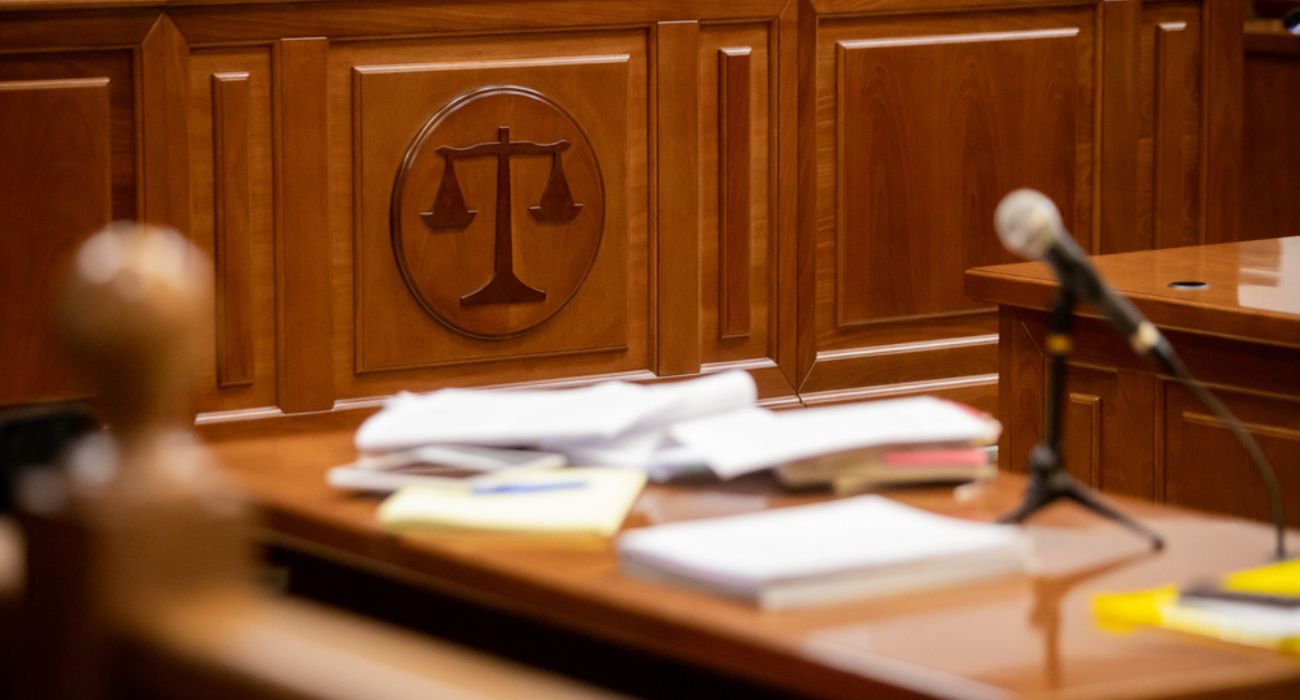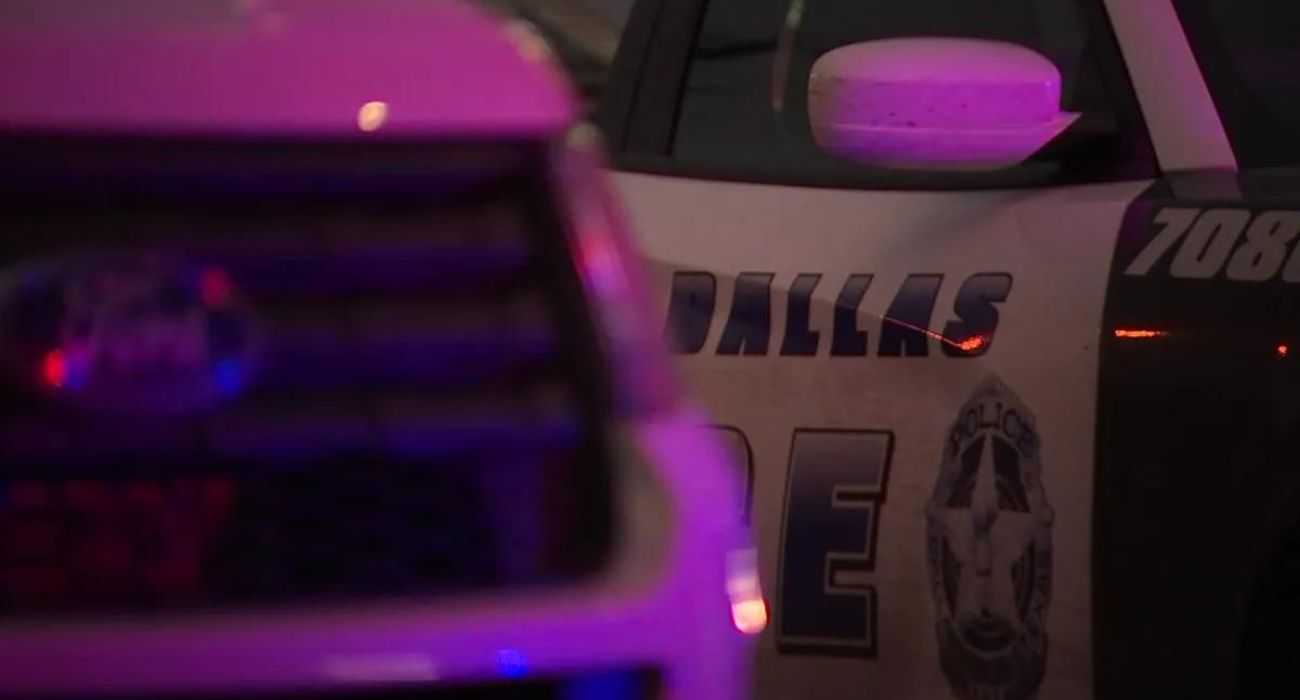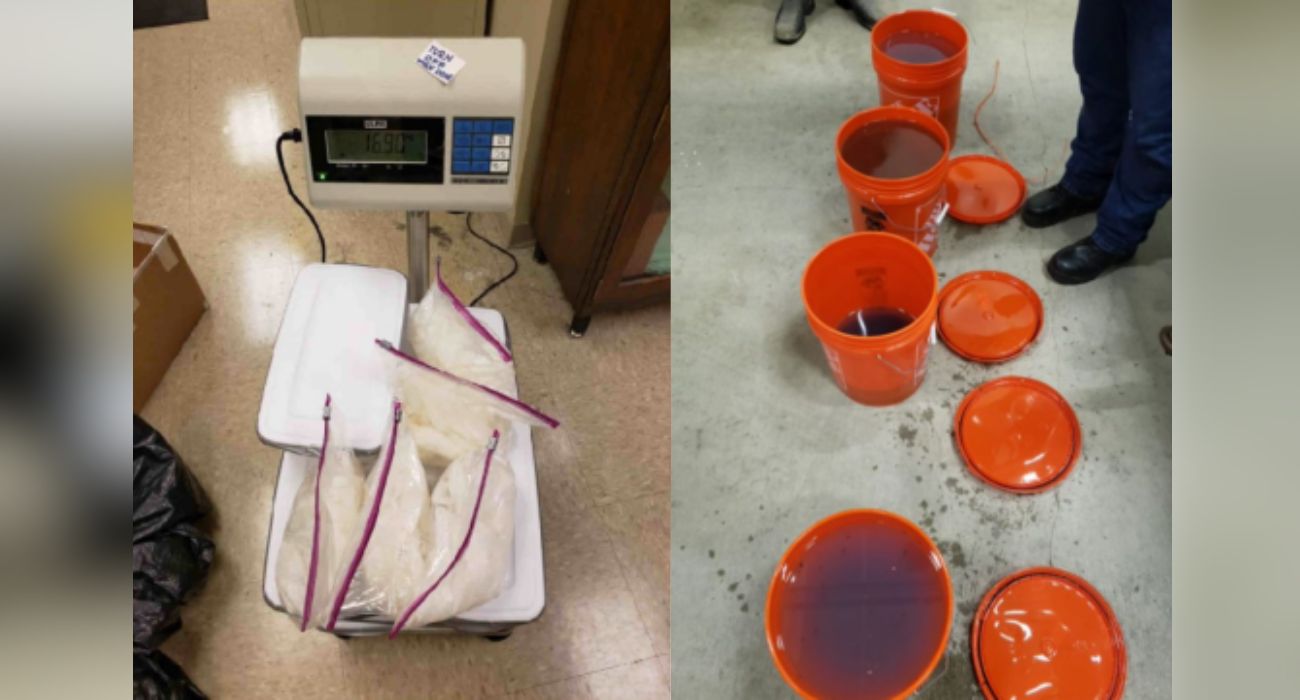Jury selection began Monday for the capital murder trial of the parolee who allegedly killed two Methodist Dallas Medical Center employees last fall.
Nestor Hernandez is accused of shooting social worker Jaqueline Pokuaa and Katie Annette Flowers, a nurse, both of whom were working at the hospital on October 22 of last year.
Hernandez, who was 30 at the time of the shooting, was on parole after having served part of his eight-year sentence for violent aggravated robbery.
He was wearing an ankle monitor as a condition of his parole and had been given permission to visit his then-girlfriend in the hospital, who had given birth to their child one day earlier.
Hernandez reportedly became agitated while visiting his girlfriend and allegedly began hitting her with a pistol that he had brought into the hospital with him.
When Pokuaa entered the room to attend to the patient, Hernandez allegedly shot her. Flowers and a Methodist Health System police sergeant heard the commotion, and as they peered into the patient’s room from the doorway, Hernandez reportedly shot at both of them, fatally wounding Flowers.
Hernandez was shot in the leg by the sergeant before retreating into his girlfriend’s hospital room, where a 10-minute stand-off with police ensued before Hernandez surrendered.
The newborn was in the room during the shooting but was not harmed.
The murder of the two healthcare workers sparked controversy over the practice of allowing violent offenders out on parole and the use of ankle monitors as a deterrent to criminal activity.
A week after the shooting, Texas Rep. Rafael Anchía (D-Dallas) called for an investigation into the Texas Board of Pardon and Parole’s early release of Hernandez, as The Dallas Express previously reported.
“Two people should still be alive today but for the failures of the Board of Pardons and Parole,” said Anchía.
“They have wide latitude to keep people in jail if they see risk, and they did not protect my community from this risk.”
Hernandez, who had a history of violent crime, pleaded guilty to robbery in 2011 and 2015; in both cases, the victims were assaulted.
For the 2015 incident, Hernandez received an eight-year sentence but was released on parole on December 9, 2020, with one of the conditions that he be under constant electronic monitoring, as previously reported by The Dallas Express.
Hernandez was arrested twice for violating his parole conditions, removing his ankle monitor in one instance. However, each time, Hernandez was eventually released back onto the street, even though he could have been required to serve out the rest of his sentence in prison. Had the parole board made that decision, he would have been incarcerated until September 2023.
“They should have revoked his parole. They did not,” said Anchía.
“He was given special permission to go to Methodist Hospital despite the fact that he was violating his parole on a regular basis. So, I think we need answers from that entity.”
Shortly after the shooting, the Texas Department of Criminal Justice released a statement, saying, in part: “Parole supervision allows those previously incarcerated to transition back into their community, which includes visiting family members in hospitals.
“There was not an indication that Hernandez would act out violently in a hospital, and allowing him the ability to visit loved ones in that setting would not be out of the normal course of supervision.”
The case led to legislation that was signed into law this summer. Senate Bill 1004 makes it a felony offense for a parolee or person out on bond to knowingly remove or disable their ankle monitor. Previously, it was not considered a criminal offense.
After the announcement of the passage of the bill, Dallas Police Chief Eddie Garcia expressed his frustration over the use of ankle monitors and his support for the new measure.
“We’re giving too many chances to violent criminals and not giving enough chances to our victims and communities and neighborhoods that need it. So yes, this is extremely helpful and something that will definitely benefit us,” Garcia said, per NBC 5 DFW.
In addition, the state legislature passed SB 840, which makes assaulting certain hospital employees a felony offense. The bill is also known as the Jacqueline “Jackie” Pokuaa and Katie “Annette” Flowers Act.
Hernandez’s trial is expected to last about two weeks. If convicted, the defendant faces a life sentence in prison without parole.
Although the double shooting occurred in Dallas, the crime was not included in the City of Dallas crime statistics for last year, as the hospital has its own police force. Dallas’ crime data is reported by the Dallas Police Department and therefore does not reflect that of other jurisdictions. Last year, there were 214 murders and non-negligent homicides reported under the jurisdiction of DPD, but that number is on track to be surpassed this year.
As of November 5, there have been 213 murders in Dallas, according to the City’s crime analytics dashboard.






